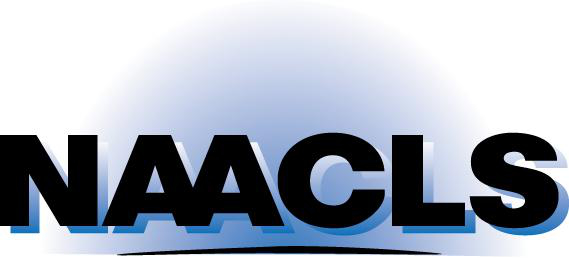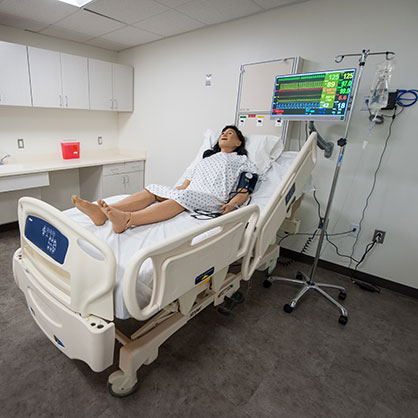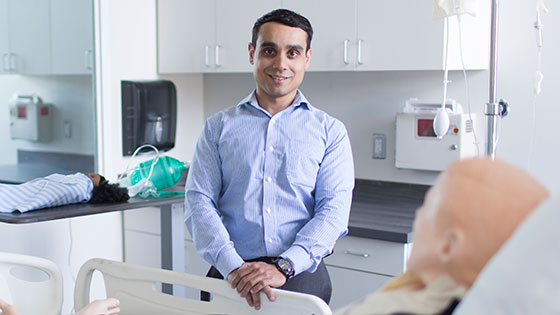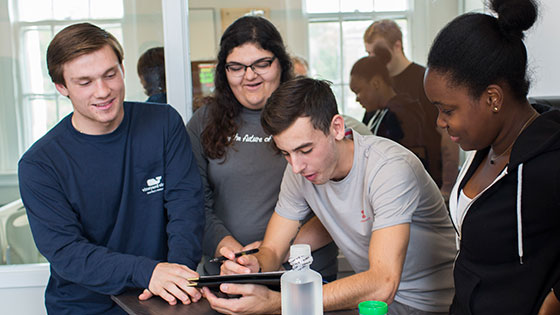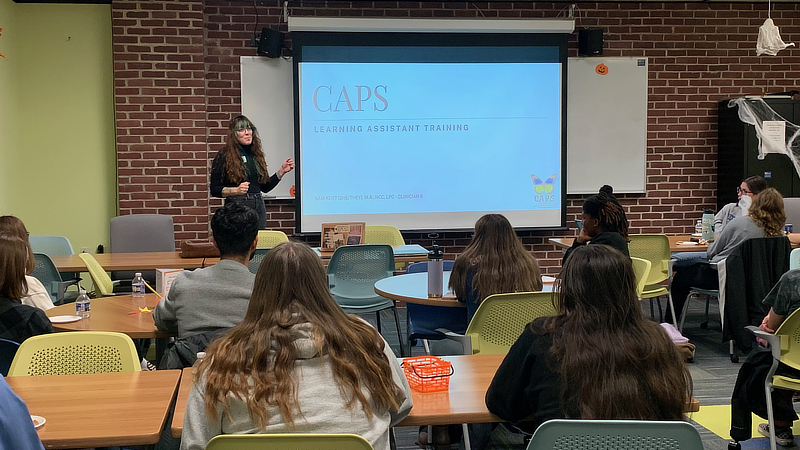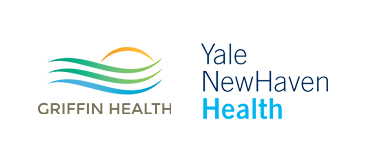
Gain Real World Experience
All students in the MLS program must complete a series of clinical rotations to graduate. Clinical site placement is determined at the end of the spring semester, prior to the final year of the program. For more details on this process, please refer to the student handbook.
- Yale New Haven Health System
- Yale New Haven Hospital
- Bridgeport Hospital
- Greenwich Hospital
- Lawrence + Memorial Hospital
- Westerly Hospital
- VACT Healthcare – West Haven VA Medical Center
- Hartford Healthcare – Hartford Hospital
- Stamford Health – Stamford Hospital
- Griffin Health – Griffin Hospital
- Nuvance Health – Danbury Hospital
